Miriam Solis
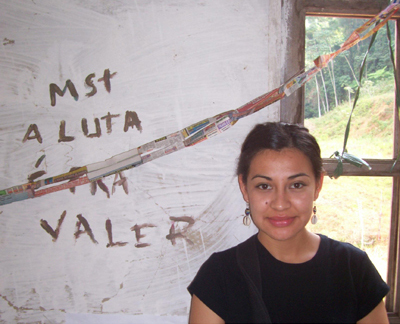
The expansion of Brazils 1.5 million member Movimiento dos Trabalhadores Rurais Sem Terra (MST) has provoked many changes. Two changes in particular occurred in the 1990s: the MST began to deviate from its traditional strategy of rural squatting by organizing urban land occupations; and the MST’s leadership structures changed to include committees charged with improving womens participation and leadership representation within the MST. Miriam will collect archival data and conduct interviews in Brazil this summer in order to investigate whether the MST’s rural to urban shift served as a catalyst […]
Patrick Donnelly-Shores
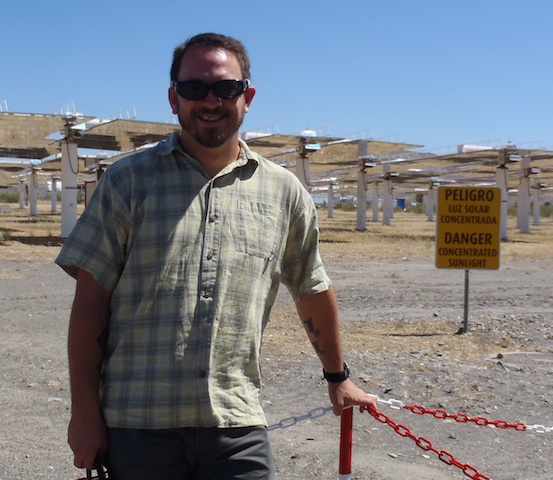
Current Bio: Since graduation Patrick has been a front-lines enviornment activist in the desert Southwest. Now he is Nevada State Director at the Center for Biological Diversity. He works with a team of attorneys and scientists to defend the imperiled species, public lands, water and climate of Nevada from the resource pillagers in the Trump administration and their corporate cronies who are destroying the biodiversity that makes life on Earth possible to turn a quick buck. Haas Scholars Project: Solar energy is often proclaimed a solution to climate change, and […]
Joanna Cardenas
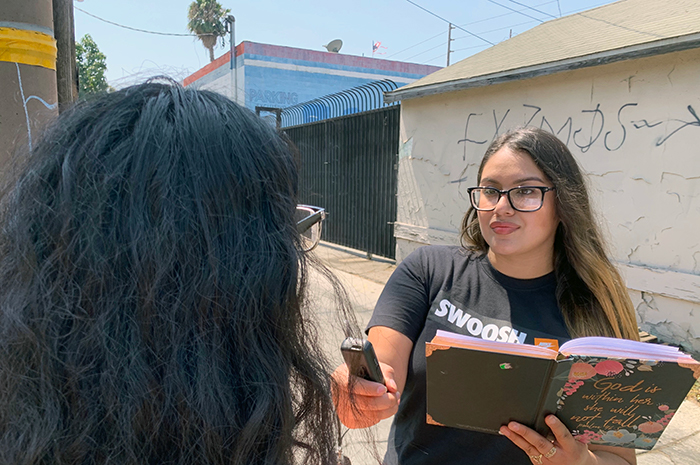
South Central Los Angeles has a long history of male-dominant gang affiliations, categorizing the city of Los Angeles as the gang capital of the nation. This led to excessive surveillance and sky-rocketing rates of male incarceration since the 1980s, making L.A. men jails the face of mass incarceration. Research is lacking, however, around the social and cultural understandings of Black and Brown women in South Centrals carceral landscape. Joanna, therefore, will analyze the way these social and cultural understandings ultimately affect the way South Central women navigate structures of state […]
Lulu Matute
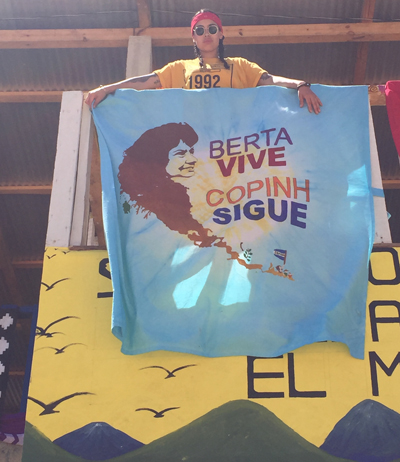
Hundreds of environmental activists have been killed for defending land and natural resources in Honduras. Although Berta Cceres was one of many slain activists, she is the most renowned globally. This is largely due to her transnational coalition-building efforts and Goldman Environmental Prize recognition. Berta was an outspoken Indigenous Lenca leader and a feminist who advocated for indigenous land tenure. She spoke out against government corruption, the 2009 military coup d’tat, and U.S. interests in the country. Lulu will conduct ethnographic interviews with Honduran women living in the Bay Area […]
Adrián García Hernández
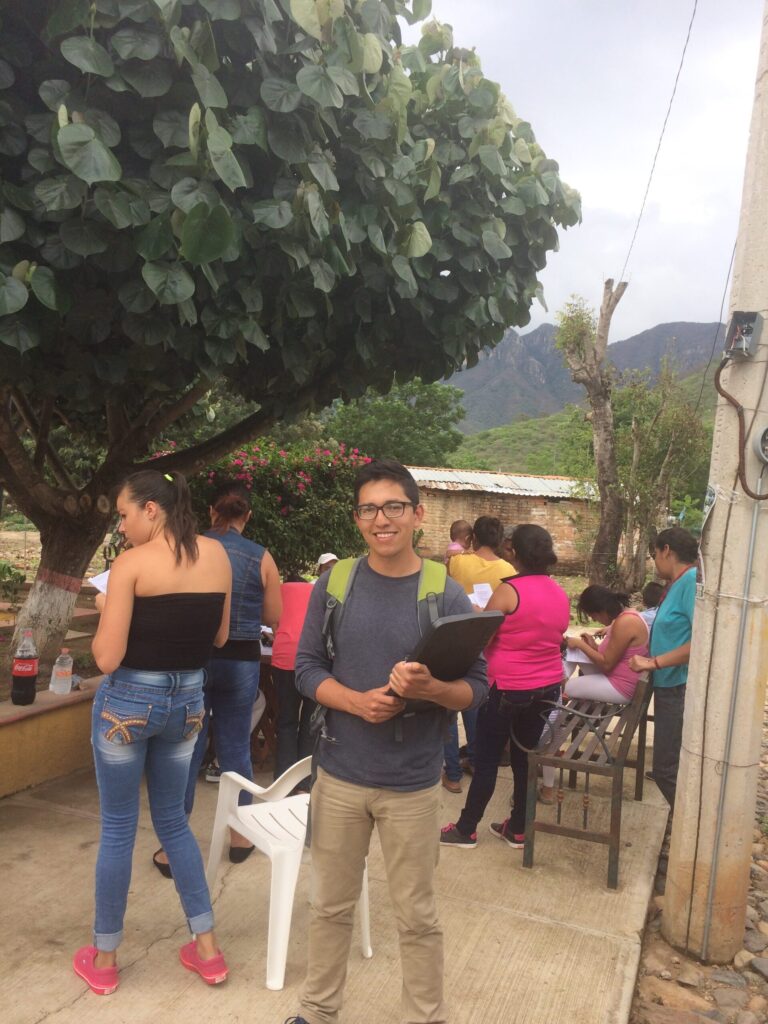
Rural areas compose 86% of Mexicos territory and account for 36% of the population while rural GDP per capita ranges between 27% and 43% of the national average. To address this urban/rural developmental divide, the Secretariat of Tourism created the Programa Pueblos Mgicos (PPM). Its goal was to raise local levels of wellbeing by promoting economic development through tourism. By carrying out a sense of community survey, collecting socioeconomic data, and interviewing residents and town officials, Adrin will explore whether the PPM has resulted in the abatement or aggravation of […]
Nalya Arabelle Fenella Rodriguez

Looking at the factors that led to the Salvadoran civil war, such as the social inequalities of the time, Nalya has found it important to further understand the implications of this political violence in the creation of the Mara Salvatrucha (MS) street gang. Using Durkheims theory of religion, she has developed a theory on the religion of violence. This “religion” has created a system of perpetual violence in El Salvador, which was ironically exacerbated by US domestic and foreign policy on gangs and immigration. By interviewing people in Los Angeles […]
Daniel Basurto
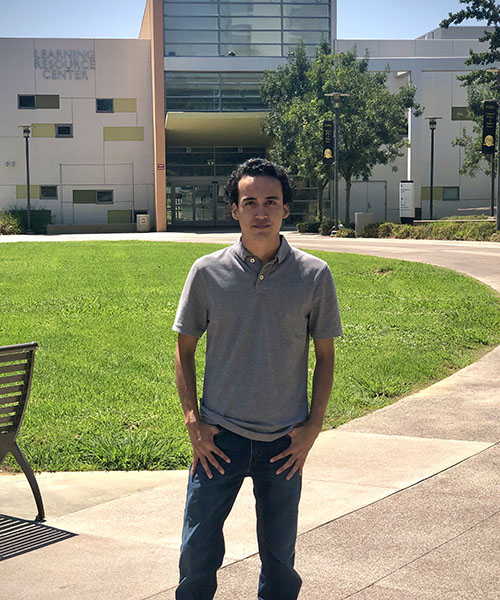
Today, California educates 2.1 million students enrolled at 115 community collegesmaking the California community college system the most extensive system of higher education in the United States. For Daniel Joseph Basurtos history honors thesis, he will fill in the gaps of history that led to the first two junior colleges and ultimately sparked the California junior college movement. His research will focus on the educational, political, and financial influences that led to creating Fresno City College and Santa Barbara City College. He will analyze primary sources at different archives throughout […]
Ariadna González Aguilera
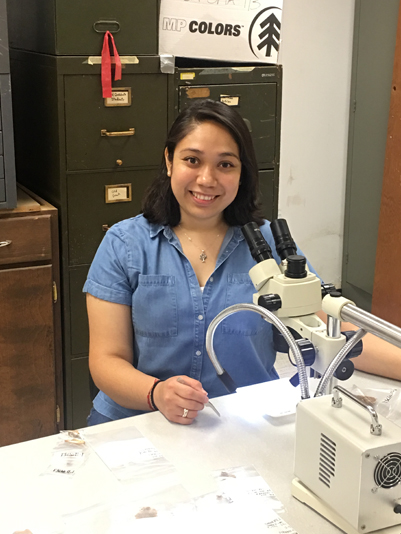
Ariadna’s research project will focus on the West Berkeley Shellmound, an ancient village site that was once situated on the San Francisco Bay shoreline in Berkeley, California. Her thesis is directed toward understanding how Native American societies interacted with their environment during the last 5000 years. Research will be conducted on animal remains from the shellmound, using curated materials excavated in the early and mid-twentieth century, to understand ancient fisheries and fishing practices. Archaeological analyses of fisheries can contribute to historical baseline data relevant for conservation biology, restoration ecology, and […]
Nicholas Eskow
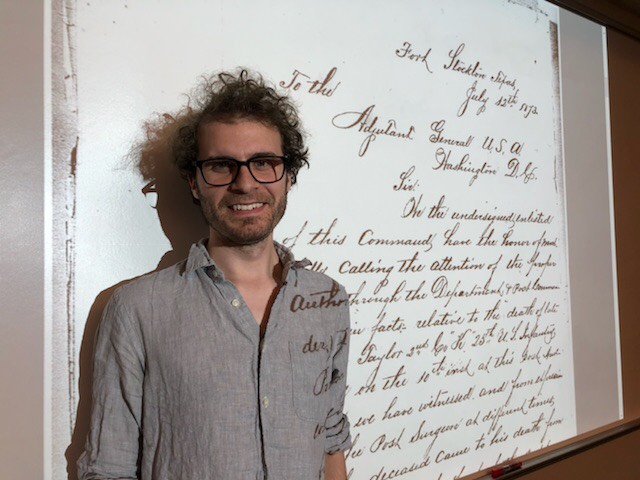
In 1873, more than 100 Buffalo Soldiers at Fort Stockton, Texas signed a petition requesting formal censure of the post surgeon for his racist refusal to treat a sick and dying man. The officers responded by putting the soldiers on trial for mutiny. Nicks research will look at how these soldiers, most of whom were born into enslavement, came to understand and express their rights as United States citizens. This research will combine primary documentary sources, housed at the National Archives and Fort Stockton, with secondary literature on African American […]
Casey Racicot

On August 6, 2012, the Chevron Refinery in Richmond, California exploded, hospitalizing 15,000 people and causing severe environmental impacts. In the weeks that followed the explosion, the infrastructure surrounding the refinery became stressed as businesses shut down, hospitals became overwhelmed, gardens and vegetation died, and peoples sense of stability shattered. The purpose of Casey’s project is to explore the extent to which residents in the surrounding areas felt a sense of community before and after the explosion, and the medias role in shaping these perceptions. Her research will explore the […]